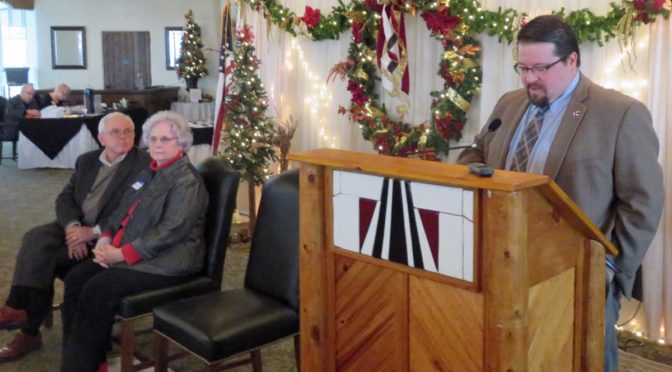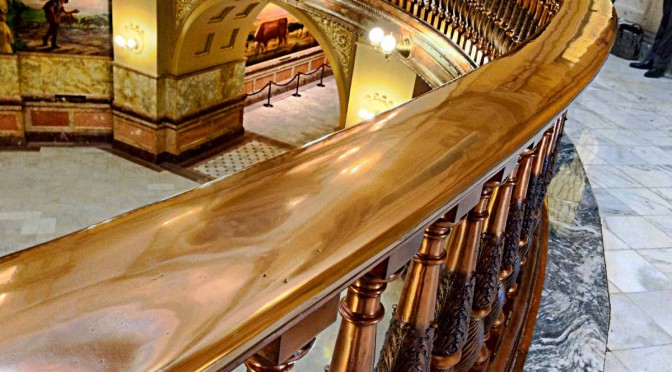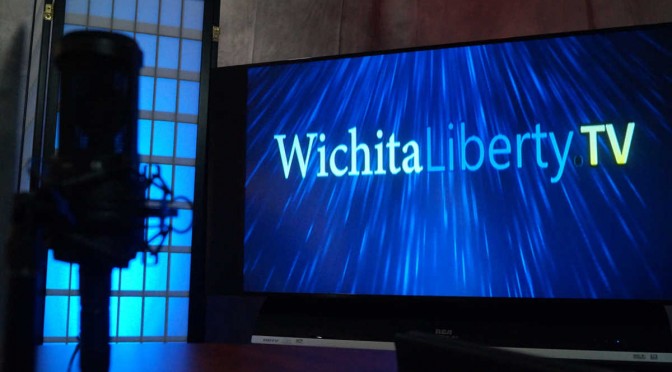The Wichita City Council approves economic development incentives, but citizens should not be proud of the discussion and deliberation.
Today’s meeting of the Wichita City Council saw the council discuss and approve economic development incentives for a project in downtown Wichita.
The item contemplated economic development incentives for redevelopment of an empty building in downtown Wichita to become a Hilton Garden Inn Hotel. The incentives being considered were a Community Improvement District (CID), Industrial Revenue Bonds (IRB), a parking agreement, and a skywalk easement. The discussion by the council was useful for revealing two members who are opposed to some targeted economic development incentives, but it also showed a troubling lack of knowledge and consideration by others.
Property tax
The hotel is requesting industrial revenue bonds. These bonds do not mean the city is lending any money. Instead, IRBs in Kansas are a mechanism to convey property tax abatements and sales tax exemptions.
The agenda packet for this item states: “[Hotel developer] WDH is not requesting abatement of property taxes in conjunction with the IRBs.” This is presented as a magnanimous gesture, as something the hotel developers (WDH) could have requested, but did not, presumably out of some sort of civic duty.
But: Property tax abatements may not be granted within the boundaries of a TIF district, which this hotel is located within. So the developers did not request something that they are not entitled to request. This is not news. Nonetheless, several council members were grateful.
As to property taxes, Wichita City Council Member James Clendenin (district 3, southeast and south Wichita) asked what would be the increase in value in the building, once finished. Later Wichita City Council Member Jeff Blubaugh (district 4, south and southwest Wichita) praised the property taxes that will be paid. He also mentioned the “nearly-empty parking garage.” When the city built this garage and accompanying retail space it was to be a showpiece, but has been suffering from blight and lack of tenants paying market rates for rent.
Asking about tax abatements, Wichita City Council Member Pete Meitzner (district 2, east Wichita) asked “They didn’t apply for other …” His voice trailed off before finishing the question, but the “other” tax abatement that could be applied for is the property tax abatement. Except, the law does not allow for a property tax abatement for this project.
All these questions alluded to the increased property taxes the renovated building will pay. Except, being within a TIF district, property taxes may not be abated. So where will the hotel’s property taxes go?
First, the property tax generated by the present value of the property (the “base”) will be distributed as before. But the increment — which will be substantial — will go to the TIF district, not the city, county, and school district. Except: This is an unusual TIF district, in that an agreement between the city and county provides that only 70 percent of the incremental property taxes will go to the TIF district, with the remainder being distributed as usual. This was not mentioned during today’s discussion.
There was talk about a “gap.” Some economic development incentives require documenting of a “financing gap” that makes the project not economically feasible. But that is not required for the incentives considered for this hotel.
Sales tax
Regarding the sales tax exemption: City document do not state how much sales tax will be forgiven, so we’re left to speculate. Previous city documents indicate spending $3,000,000 on furniture and fixtures, which is taxable. Sales tax on this is $225,000.
The same city document mentioned spending of $6,250,000 on construction of the hotel, and of $1,000,000 for construction of retail space. Sales tax on this combined total is $543,750. Based on material from the Kansas Department of Revenue, these amounts would be due if not for the action of the city council.
In total, the development of this hotel will escape paying $768,750 in sales tax. It should be noted that Kansas is one of the few states that charges sales tax on groceries at the same rate as other purchases, making Kansas food sales tax among the highest in the nation.
Curiously, council members Clendenin and Williams, who represent low-income districts where families may be struggling to buy groceries — and the sales tax on them — did not object to this special sales tax treatment for a commercial developer.
No more cash?
In his remarks, the mayor talked about how we can continue with economic development “without handing cash to corporations.” But when a project is going to buy materials and services on which $768,750 in sales tax is normally due, and the city council takes action to extinguish that liability, well, that’s better than cash to the receiver.
Good news
Kudos to Wichita City Council Member Bryan Frye (district 5, west and northwest Wichita), who actually cited the United States Constitution in his statement from the bench. He said that the issues surrounding this project are a far cry from what our Founding Fathers envisioned as the role of government, saying “I struggle with using city resources to collect and distribute sales tax for the sole benefit of one commercial entity.” He offered a substitute motion which would have approved all the parts of the agreement except for the CID tax. His motion failed, with only he and Wichita Mayor Jeff Longwell voting in favor.
On the original motion, which was to approve all parts of the incentive agreement, Longwell and Frye voted in opposition, with everyone else voting in favor.
—
Notes




 From the
From the 


